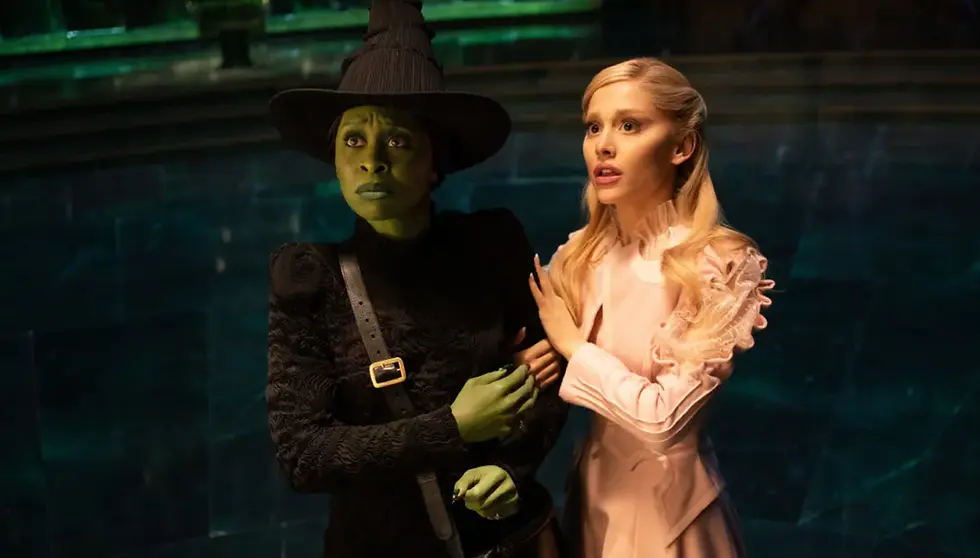Oppenheimer (2023 film)
- comaweng
- Sep 5, 2023
- 3 min read

I am reminded of a social media post I responded to about someone who went to the first preview of a new production in London. The audience was so enthusiastic they cheered so loudly some of the lyrics and spoken words couldn’t be heard properly, and even stood at various points so the less mobile and agile were unable to see. The crowd at the screening of Oppenheimer I attended was very quiet and very pleasant, but, at least at the cinema I saw it in, the music was so constant and noisy it drowned out the dialogue.
The lead character couldn’t even walk into his own house without a fanfare of some sort playing in the background, and as there was very little action or dialogue that wasn’t accompanied by a symphony orchestra (don’t ask me which one), whenever an actual big moment in the narrative came along that might have deserved some swelling music, there was no emotional impact. Even university seminars were deemed worthy of musical accompaniment. I almost walked out at one point, but settled on laughing out loud instead. Nobody objected or stared at me. One woman might (I couldn’t quite tell in the darkness of the cinema) have smiled at me.
The film also time-hops, with J Robert Oppenheimer (Cillian Murphy) giving evidence to a security hearing in 1954, held by the United States Atomic Energy Commission, but the events being considered took place some years before then, in the run up to and including the years of the Second World War. It is these that were dramatised, as well as a subplot a few years after the commission hearing, involving Lewis Strauss (Robert Downey, Jr.), a key critic of Oppenheimer, whose nomination in 1959 to be United States Secretary of Commerce was not confirmed by the Senate, apparently because there were enough senators who sided with Oppenheimer, especially given his achievements.
The film does not say so, perhaps because it had gone into post-production before the announcement was made, but in December 2022, Jennifer Granholm, the US Secretary of Energy, ‘nullified’ the 1954 ruling, posthumously giving Oppenheimer a pardon of sorts – the commission was not, the film mentions several times, a court of law. Accordingly, the burden of proof wasn’t as high as it could have been.
In my view, there aren’t any spoilers – and that’s the thing about this film. For all its detail, it doesn’t really tell me anything I didn’t know before. That the United States dropping atomic bombs on the Japanese cities of Hiroshima and Nagasaki is not a spoiler, and neither was the Manhattan Project that led up to it. At three hours, the film could have been at least an hour shorter, and I suppose watching white guys blabbering on to other white guys about nuclear physics and international politics in a world war situation doesn’t technically fit the current zeitgeist of diversity and inclusion.
A disappointing watch, in the end. Some scribbling on chalkboards couldn’t be deciphered by the cinema audience. Albert Einstein (Tom Conti) was a breath of fresh air in an otherwise dull set of scientists, while Matt Damon’s General Leslie Groves just loses his temper every so often in the way in which army generals tend to do. I didn’t think I’d find myself saying this – but you’re better off seeing Barbie than Oppenheimer.




Comments